Search
Did you mean: Inca Art?
Search Results
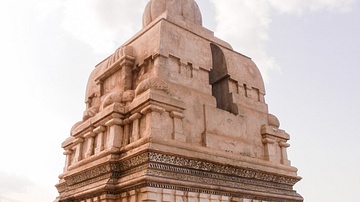
Definition
Katas Raj
The Katas Raj Temples near Chakwal in Punjab province of Pakistan are attributed to the eras of the Hindu Shahis (kings) dating from about 615-950 CE and are dedicated to Lord Shiva. As such they constitute one of the most important Hindu...
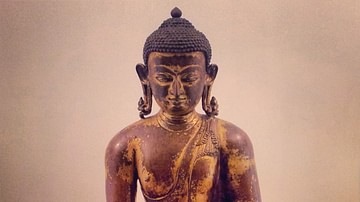
Definition
Siddhartha Gautama
Siddhartha Gautama (better known as the Buddha, l. c. 563 - c. 483 BCE) was, according to legend, a Hindu prince who renounced his position and wealth to seek enlightenment as a spiritual ascetic, attained his goal and, in preaching his path...
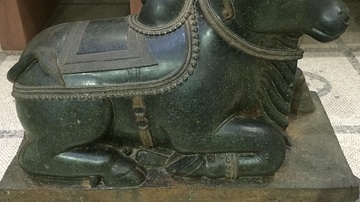
Definition
Nandi
Nandi (also Nandin) is the sacred bull calf, gatekeeper, and vehicle (vahana) of the Hindu god Shiva. Sculptures of Nandi are a common sight at Hindu temples dedicated to his master, and he is partly responsible for the Hindu reverence for...
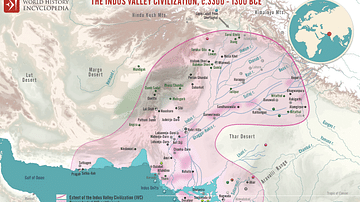
Article
Religious Developments in Ancient India
For well over 1,000 years, sacred stories and heroic epics have made up the mythology of Hinduism. Nothing in these complex yet colourful legends is fixed and firm. Pulsing with creation, destruction, love, and war, it shifts and changes...
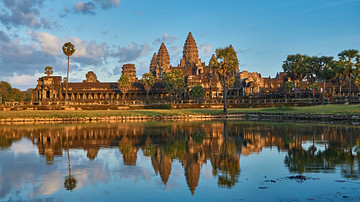
Definition
Angkor Wat
Angkor Wat is a temple complex in the province of Siem Reap, Cambodia originally dedicated to the Hindu god Vishnu in the 12th century CE. It is among the largest religious buildings ever created, second only to the Temple of Karnak at Thebes...
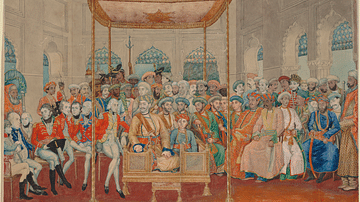
Definition
Anglo-Maratha Wars
The three Anglo-Maratha Wars (1775-1819) were fought between the Maratha Confederacy of India (aka the Mahrattas, 1674-1818) and the British East India Company (EIC). The Maratha Hindu princes were rarely unified, and so the EIC steadily...
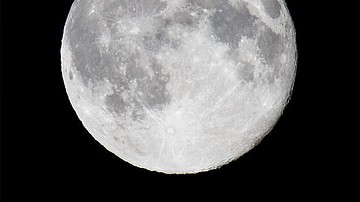
Definition
Soma
Soma was a fermented juice drink which was believed to have been consumed by the Hindu gods and their ancient priests, the brahmanas, during rituals. Thought to be an elixir its consumption not only healed illness but also brought great riches...
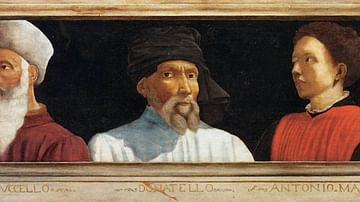
Image
The Founders of Florentine Art
A late 15th century CE tempera panel credited to Masaccio and known as 'The Founders of Florentine Art'. The five portraits in the panel are (left to right): Giotto, Paolo Uccello, Donatello, Manetti and Filippo Brunelleschi. (Louvre, Paris...
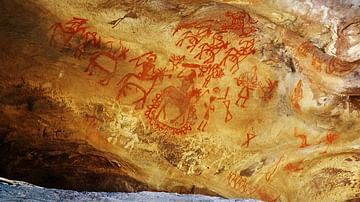
Image
Bhimbetka Cave Art
Paleolithic cave art found at the Bhimbetka rock shelters in Madhya Pradesh, central India.
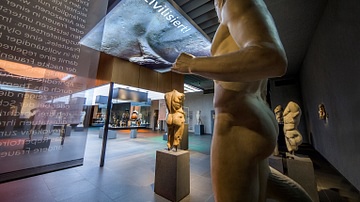
Image
Naked! The Art of Nudity Exhibition, Antikenmuseum, Basel
A view of the 2018 CE exhibition 'Naked! The Art of Nudity' at the Antikenmuseum, Basel, Switzerland.
© Ruedi Habegger, Antikenmuseum Basel und Sammlung Ludwig